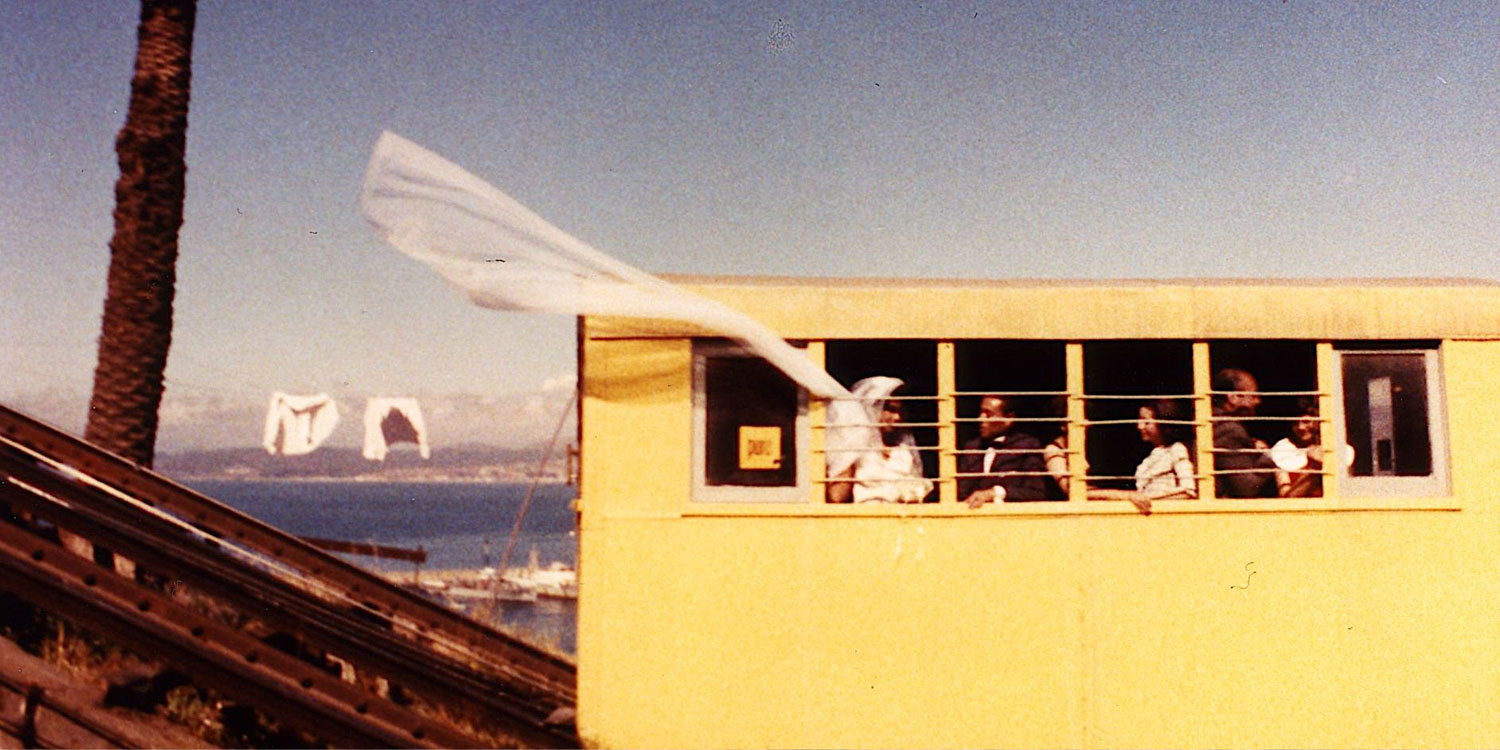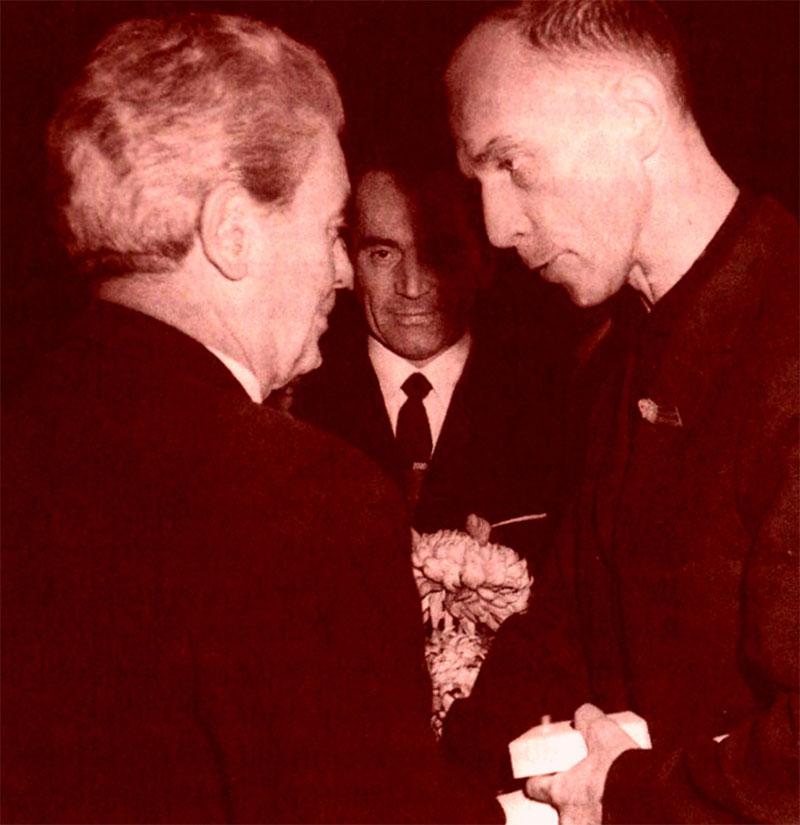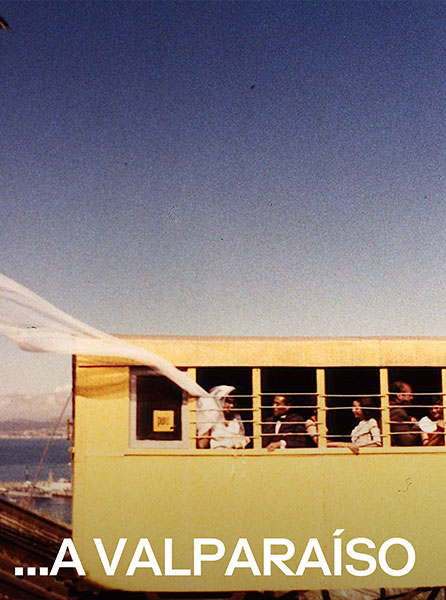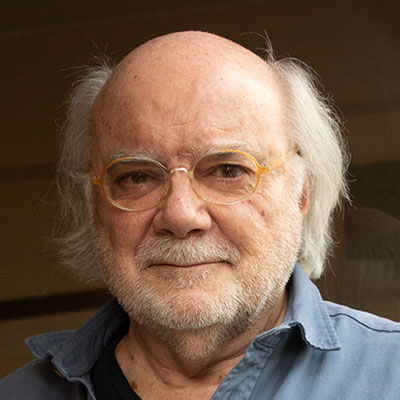
X-RAYDOC proposes to analyze films whose importance is indisputable for the History of Documentary film-making in which the relationship with the other, in context, is highlighted as a structuring element. This relationship has consequences at different levels, from the outset in terms of narrative solutions shaped according to both ethical and aesthetic criteria. Hence, since the real – the documentary's raw material – is made up of change, the result of a multiplicity of combination declinations, practically infinite, inevitable in a cinema that challenges its time and who inhabits it. This is the gaze’s domain. Therefore, from a whole theory. There are documentaries that influenced the outcome of wars, led to the acquittal of those condemned to death, shed new light on acquisitions, denounced unsustainable situations, changed the lives of thousands of people. There are documentaries that have changed cinema itself. X-RAYDOC is part of this singularity, seeking to go further.
Lettre de Sibérie (1957) by Chris Marker and ...à Valparaiso (1963) by Joris Ivens are two fundamental films in the filmmakers' bodies of work. Both address social, individual, and cultural issues, relating them to topics such as territory, identity, past, present, and future. The first takes a journey through Siberia, reviving the travelogue format and inaugurating Marker’s epistolary style, which had only been hinted at in Dimanche à Pékin (1956). The second, with roots in the city symphonies and a strongly poetic tone, is a polychromatic mosaic about the famous Chilean seaport, in which the gaze is inseparable from a constant memory of Cinema. Additionally, ...à Valparaiso marks the first collaboration between the two filmmakers.
When shown together, Lettre de Sibérie and ...à Valparaiso broaden the recognition of their importance to documentary cinema. Both break away from the Griersonian narrative tradition, embrace a certain experimentalism in editing, open a new kind of debate about point of view, and place central importance on the text and its delivery, as well as on the voice itself. Ivens, perhaps the most prominent figure in documentary filmmaking at the time, finds in Marker the ideal author to write the commentary for his film. Marker does not dispense with information, but he privileges an essayistic approach that calls for reflection and invokes the imagination. The text serves as a counterpoint to the image, even going so far as to question its status as evidence. Reading becomes decisive. In Ivens’ film, it is Roger Pigaut — an actor with a distinct and striking presence — who delivers it. In Lettre de Sibérie, it is Georges Rouquier, a filmmaker heir to Robert Flaherty and author of the legendary Farrebique (1946).
In both cases, the iconography is dazzling. The journey through mysterious Siberia features images as unexpected as the unusual angles from which the landscape is observed, the use of animated drawings, and even advertising — all hallmarks of Marker’s experimentalism. As for Valparaíso, the portrayal of daily life weaves through the city’s hills with their steep stairways, the omnipresent funiculars packed with people, and poetic references to famous shots and sequences from the History of Cinema. It is Ivens in a phase of reconnecting with his roots — for instance, Brug (1928) and Regen (1929).
There are also a few intriguing details that always seem to accompany the History of Documentary. For example, while Marker’s journey took place at the invitation of the France-USSR Friendship Association during the thaw of Stalinism (a factual detail), Ivens’ visit to Chile is said to have followed a meeting with Salvador Allende in Cuba in 1961 (this may be factual, or perhaps not). What is certain is that ...à Valparaiso resulted from a school project within the University of Santiago in Chile, which was just beginning to offer film studies. The film appears to have played a significant role in the emergence of a new cinema in the country. As for Lettre de Sibérie, it bears no resemblance — either closely or remotely — to anything that might be associated with socialist realism.
Jorge Campos




PhD in Communication Sciences from the University of Santiago de Compostela, expert in Documentary Film, professor of Higher Education, journalist, filmmaker and cultural programmer. As a journalist he worked in the Press, Radio and Television, namely for RTP, where he spent 25 years. He directed several documentaries and he was Programmer responsible for the Cinema, Audiovisual and Multimedia area of Porto 2001 – European Capital of Culture, as well as the cycle of Photography and Documentary Cinema Images of Imagined Real from the Polytechnic Institute of Porto. He is coordinator of the blog Narrativas do Real.